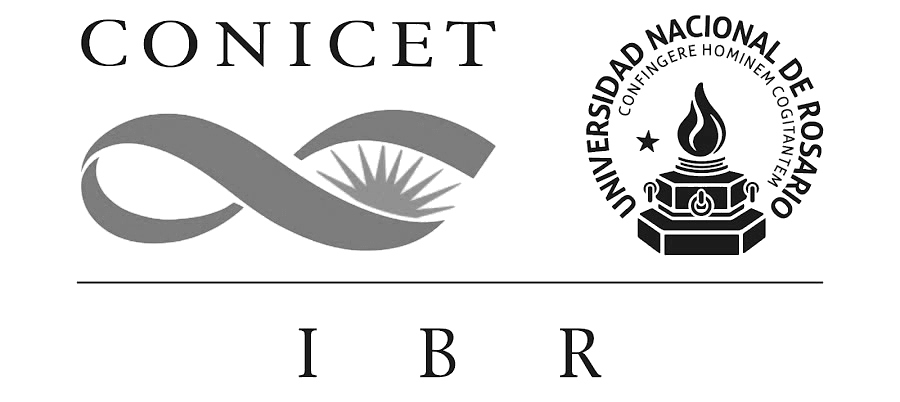Leticia I. Llarrull has a degree in Biotechnology from the School of Biochemical and Pharmaceutical Sciences (FCByF) of the National University of Rosario (UNR). She completed her doctorate in Biological Sciences in 2007 at the Institute of Molecular and Cell Biology of Rosario (IBR-CONICET-UNR), under the direction of Dr. Alejandro Vila. She received the Best Thesis Award 2008 by the Argentine Society of Biophysics. She carried out a postdoctoral stay (2007-2011) in the laboratory of Prof. Mobashery at the University of Notre Dame, Indiana, United States. In 2008, she was named a PEW Latinamerican Fellow in Biomedical Sciences. In 2013 she received the JCI TOYP Santa Fe Award, Category “Scientific and Technological Development” (Junior Chamber International, Santa Fe, Argentina) and in 2014 she received recognition from the Senate of the Argentine Nation for the discovery of a new class of antibiotic to combat resistant bacteria. She was a member of the Hygiene and Safety Committee (2012-2020), and of the IBR Board of Directors (2018-2021). She is currently an Independent Researcher at CONICET and directs the Laboratory of Bacterial Sensors at IBR. She is also Director of the Doctoral Program in Biological Sciences at the FCByF (UNR) and Associate Professor in the Biophysics Area of the FCByF (UNR). Since 2018 she is a member of the Argentine Regional Committee of the PEW Fellows Program, The PEW Charitable Trusts.
Our TEAM
Mini Bio
Sede CCT Rosario
Ocampo y Esmeralda, Predio CONICET-Rosario
2000 Rosario, Santa Fe, Argentina
Tel. 54-341-4237070 / 4237500 / 4237200
Sede Facultad de Ciencias Bioquímicas y Farmacéuticas
Universidad Nacional de Rosario - Suipacha 531
2000 Rosario, Santa Fe, Argentina
Tel. +54 341 4350596 / 4350661 / 4351235
🔬 El IBR suma 9 proyectos seleccionados en Investigación Orientada 2025 de @ProduccionSF y @CienciaSantaFe.
Biotecnología, salud y sostenibilidad para fortalecer el vínculo entre ciencia, innovación y desarrollo territorial.
© 2026 IBR. Created for free using WordPress and
Colibri


